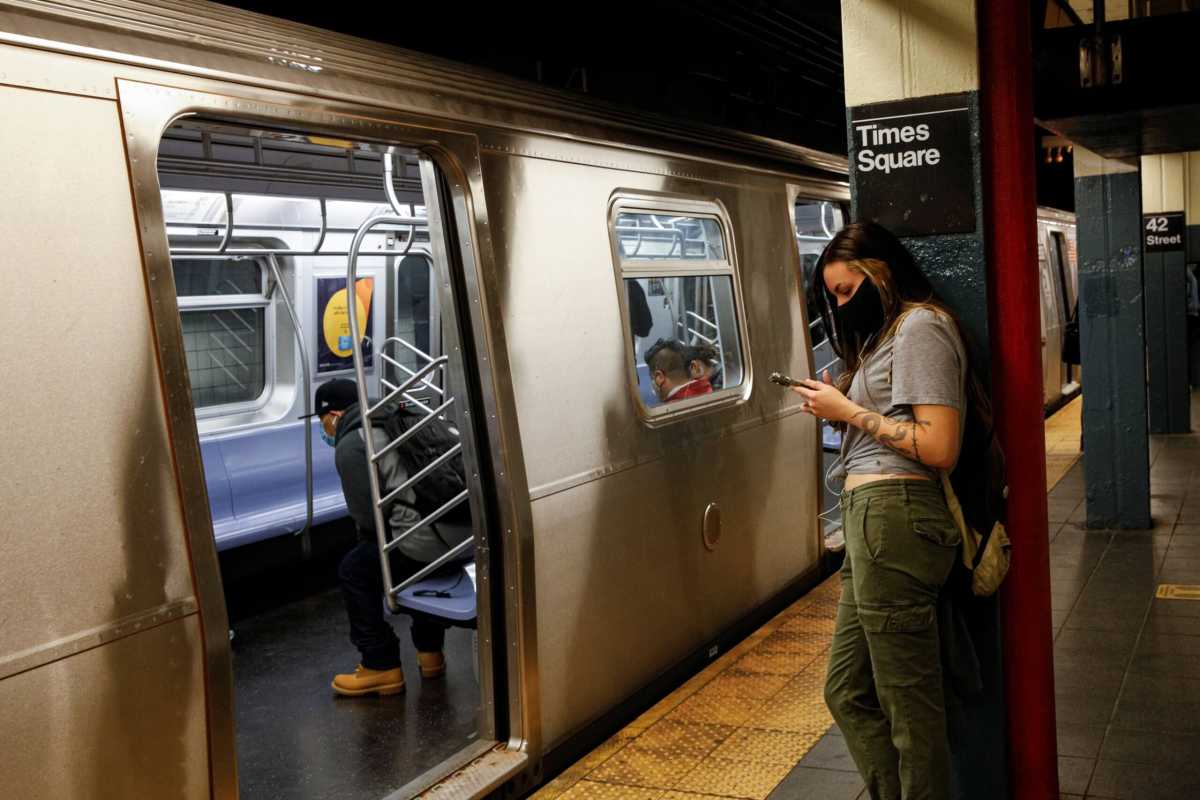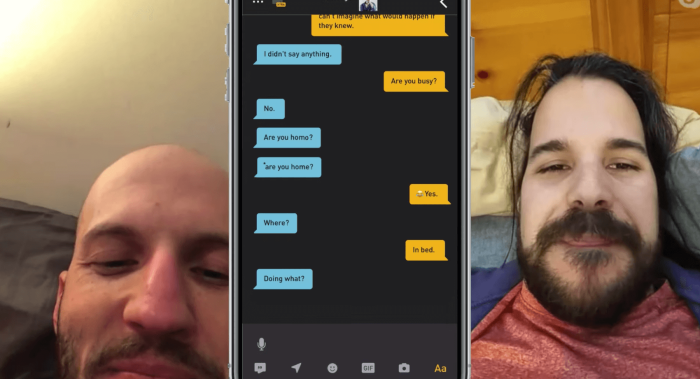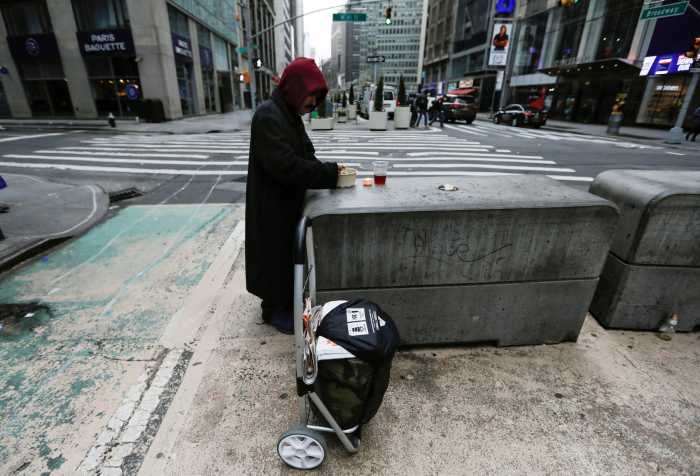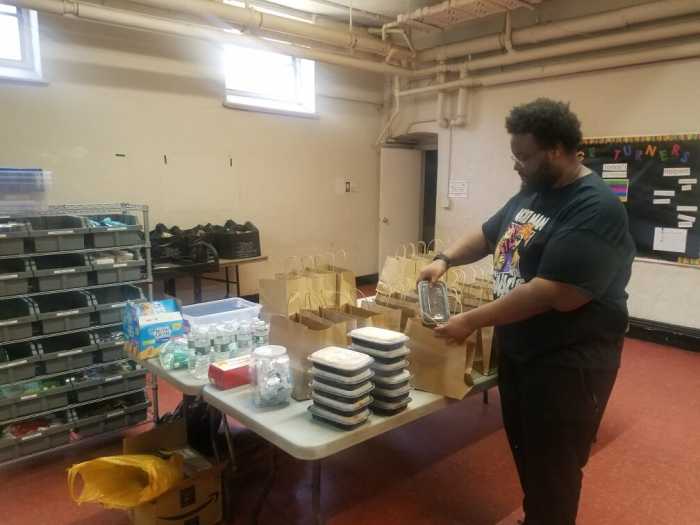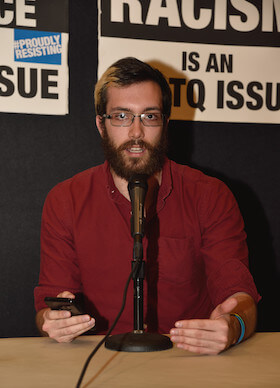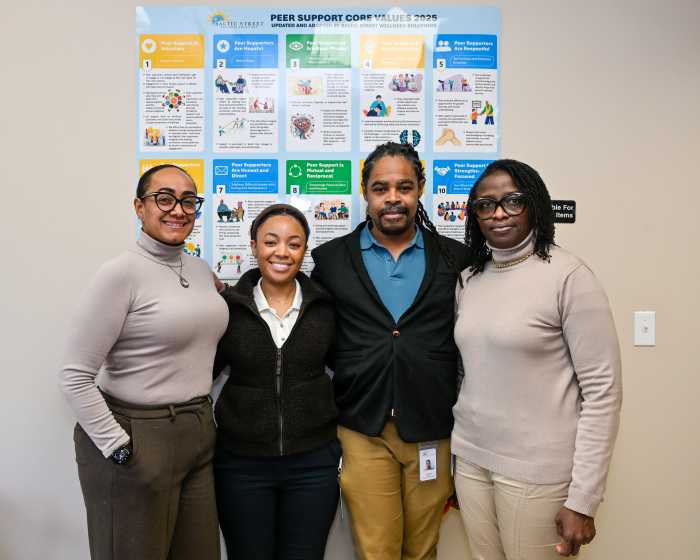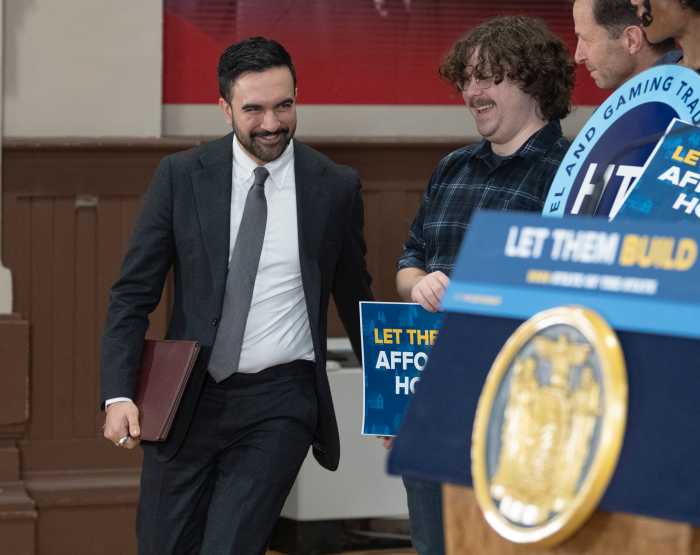Governor Andrew Cuomo announced that the city would resume 24-hour subway service on May 17 — and advocates say that should have a key impact on homeless LGBTQ individuals.
“For a long time, the subway system has been the shelter or at least the last refuge,” Kate Barnhart, the director of New Alternatives, a non-profit organization for homeless LGBT youth, told Gay City News. “We still don’t have enough emergency shelter beds for LGBTQ youth. But with the subways open all night, young people who can’t get a shelter bed can be inside and out of the weather.”
The MTA shut down subways from 1 a.m. to 5 a.m. last year to disinfect and clean the cars, and in February, the state reduced cleaning hours from 2 a.m. to 4 a.m. Now, as ridership increases and more people return to work, Cuomo said fully reopening the subway is the next step.
“COVID-19 is on the decline in New York City and across New York State, and as we shift our focus to rebuilding our economy, helping businesses, and putting people back to work, it’s time to bring the Subway back to full capacity,” Cuomo said. “We reduced subway service more than a year ago to disinfect our trains and combat the rising tide of COVID cases, and we’re going to restore 24-hour service as New York gets back on the right track. This expansion will help working people, businesses, and families get back to normal as the city reopens and reimagines itself for a new future.”
While the deep cleaning process was welcomed by some folks, it also ended up disrupting the lives of several homeless New Yorkers. Cuomo acknowledged in his press conference that there were fewer homeless individuals on the train during the overnight hours because they were referred to supportive services. Others, however, were forced to steer clear of the subways because they knew the trains were closed overnight.
“Nobody wants the MTA to now go back to the old days,” he said. “So I told the MTA — for my two cents — 24-hour service, yes, but trains must remain clean, we have to help the homeless, and we can’t go backwards on the quality of service.”
For homeless LGBTQ New Yorkers, the return of subway service can mean a safe place to sleep at night following a shutdown that took a toll on marginalized communities. Barnhart said some young homeless queer people were forced to engage in survival sex work and others endured harsh conditions during the winter months.
When LGBTQ youth are forced into sex work due to homelessness, it makes them vulnerable to abuse, she said.
“The difficulty with people having to do survival sex for a place to stay is that [it’s] not a choice,” Barnhart said. “Psychologically, it is problematic, but also, it puts the young people at a disadvantage in terms of negotiating things around safety.”
The pandemic has had a devastating effect on queer homeless youth, with many struggling to meet their basic needs, including access to showers, clean clothes, mental health services, and hot meals. Pre-pandemic, New Alternatives provided sit-down meals for homeless LGBTQ youth, and now they are only offering to-go food to clients. Despite the city’s robust vaccination efforts, homeless populations are still lagging behind in vaccinations.
“We’re working on getting the vaccines to come to us,” Barnhart said. “Trying to get homeless youth to navigate that complex process is just not realistic.”
The calls to reopen subways were amplified by lawmakers, including out gay State Senator Brad Hoylman, who introduced legislation calling for the city to return to 24-hour subway service unless there is a state of emergency. That measure only passed the Senate, but he was nonetheless happy to see the service restored by the governor.
“The city that never sleeps, once again, will have a transit system that never sleeps,” he wrote in a tweet.
To sign up for the Gay City News email newsletter, visit gaycitynews.com/newsletter

